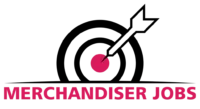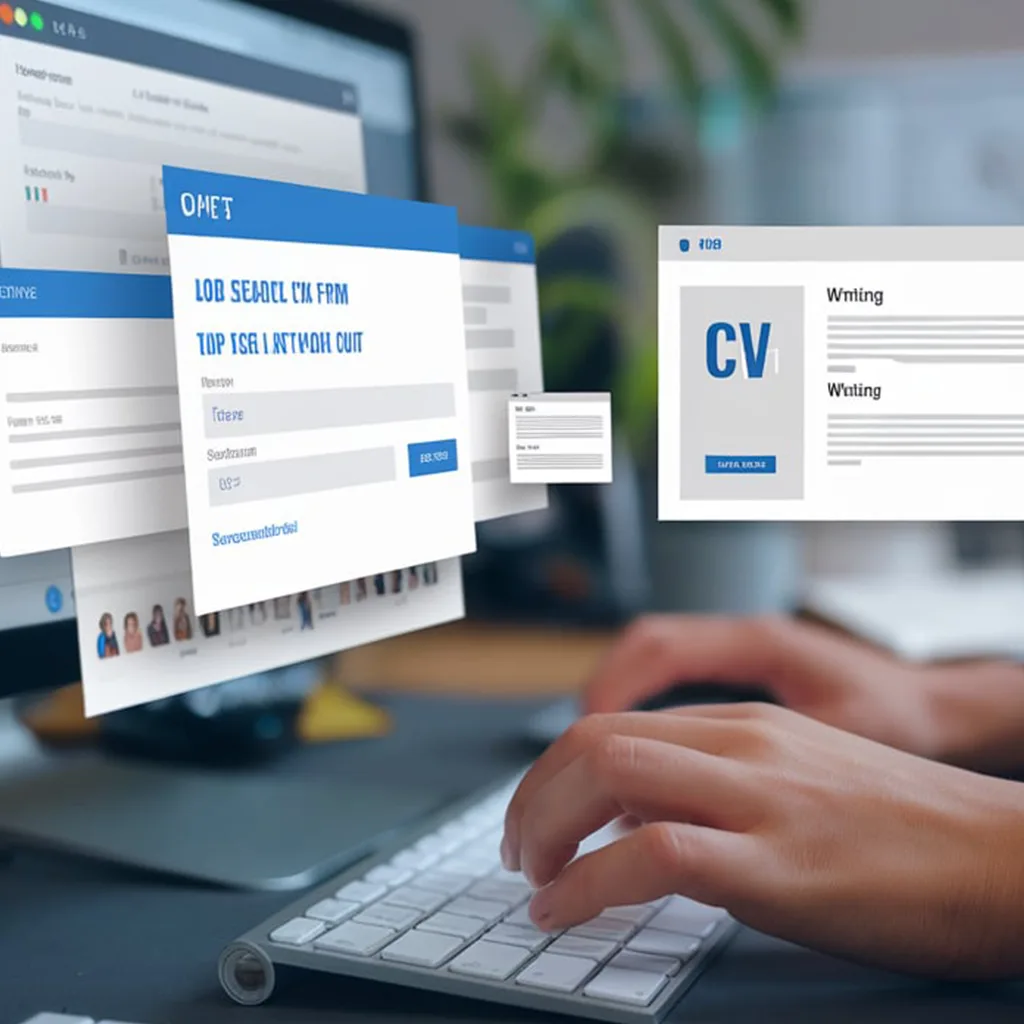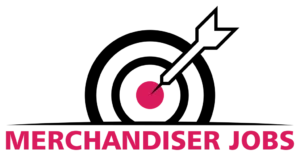Advice on Cover Letter: Tips for Writing and Customizing It
Crafting a compelling cover letter can significantly boost your chances of landing an interview. This article provides advice on cover letters: tips for writing and customizing for different job applications, including insights on tailoring your cover letter to various industries and positions. Follow these best practices to create standout cover letters that capture the attention of hiring managers
Advice on Cover Letter: The Importance of Customization
Why Customize Your Cover Letter?
A well-customized cover letter demonstrates that you have thoroughly researched the company and position. It shows that you understand the specific requirements of the job and how your skills and experiences align with them. This personalized approach makes a stronger impression on hiring managers and sets you apart from other candidates.
General Tips for Writing a Cover Letter
- Be Concise: Aim for a cover letter that is one page long. Be clear and to the point.
- Professional Tone: Maintain a formal yet friendly tone throughout your letter.
- Highlight Key Skills: Focus on your most relevant skills and experiences that match the job description.
- Proofread: Ensure your cover letter is free of typos and grammatical errors.
Lorem ipsum dolor sit amet, consectetur adipiscing elit. Ut elit tellus, luctus nec ullamcorper mattis, pulvinar dapibus leo.
Advice on Cover Letter: The Importance of Customization
Why Customize Your Cover Letter?
A well-customized cover letter demonstrates that you have thoroughly researched the company and position. It shows that you understand the specific requirements of the job and how your skills and experiences align with them. This personalized approach makes a stronger impression on hiring managers and sets you apart from other candidates.
General Tips for Writing a Cover Letter
- Be Concise: Aim for a cover letter that is one page long. Be clear and to the point.
- Professional Tone: Maintain a formal yet friendly tone throughout your letter.
- Highlight Key Skills: Focus on your most relevant skills and experiences that match the job description.
- Proofread: Ensure your cover letter is free of typos and grammatical errors.
Structuring Your Cover Letter
Basic Structure of a Cover Letter
- Header: Include your contact information and the employer’s details.
- Salutation: Address the hiring manager by name if possible.
- Introduction: Introduce yourself and mention the position you are applying for.
- Body: Highlight your relevant skills, experiences, and achievements.
- Closing: Reiterate your enthusiasm for the role and include a call to action.
- Signature: Sign off professionally.
Example of a Well-Structured Cover Letter
Header
Your Name
Your Address
City, State, Zip Code
Email Address
Phone Number
Date
Employer’s Name
Company’s Name
Company’s Address
City, State, Zip Code
Salutation
Dear [Hiring Manager’s Name],
Introduction
I am writing to express my interest in the [Job Title] position at [Company Name] as advertised on [Where You Found the Job Posting]. With my background in [Your Industry] and extensive experience in [Key Skills], I am confident in my ability to contribute effectively to your team.
Body
In my previous role at [Previous Company], I successfully [Describe a Key Achievement]. This experience has equipped me with the skills necessary to excel in [Specific Skill or Responsibility Mentioned in Job Description]. I am particularly drawn to [Company Name] because of its [Unique Attribute or Achievement of the Company], and I am excited about the opportunity to bring my expertise in [Specific Skill] to your organization.
Closing
Thank you for considering my application. I look forward to the opportunity to discuss how my background, skills, and certifications will be a perfect fit for the [Job Title] position. Please feel free to contact me at [Your Phone Number] or via email at [Your Email Address] to schedule an interview.
Sincerely,
[Your Name]
Advice on Cover Letters: Customizing for Different Job Applications
Tailoring for Different Industries
Technology Sector
When applying for jobs in the technology sector, emphasize your technical skills, project management experience, and any relevant certifications. Mention specific technologies and methodologies you are proficient in.
Healthcare Sector
For healthcare positions, focus on your clinical experience, patient care skills, and any specialized training or certifications. Highlight your ability to work in fast-paced and high-pressure environments.
Marketing and Creative Industries
In creative fields, showcase your portfolio and creative achievements. Discuss specific campaigns or projects you’ve worked on and the impact they had. Emphasize your innovative thinking and problem-solving abilities.
Tailoring for Different Positions
Entry-Level Positions
For entry-level roles, emphasize your education, internships, volunteer work, and any part-time jobs that are relevant. Highlight your willingness to learn and enthusiasm for the industry.
Mid-Level Positions
For mid-level positions, focus on your professional achievements, leadership experiences, and how you’ve contributed to the success of previous teams or projects. Demonstrate your readiness for increased responsibilities.
Senior-Level Positions
For senior roles, emphasize your strategic thinking, management experience, and long-term career achievements. Highlight your ability to lead teams, drive company growth, and implement successful strategies.
Tips for Writing a Standout Cover Letter
Research the Company
Understand the company’s mission, values, culture, and recent achievements. Tailor your cover letter to reflect your knowledge and enthusiasm for the company.
Use Keywords
Incorporate keywords from the job description to make your cover letter ATS-friendly. This increases the chances of your application being seen by human eyes.
Be Specific and Quantify Achievements
Whenever possible, use specific examples and quantify your achievements. For example, “Increased sales by 20% within six months by implementing a new marketing strategy.”
Show Enthusiasm
Your cover letter should convey genuine enthusiasm for the role and the company. Express why you are excited about the opportunity and how you can contribute to the team’s success.
Common Mistakes to Avoid
Being Too Generic
Avoid using a one-size-fits-all cover letter. Customize each cover letter for the specific job and company to which you are applying.
Repeating Your Resume
Your cover letter should complement your resume, not repeat it. Use the cover letter to provide context and highlight key achievements and skills.
Focusing Too Much on Yourself
While it’s important to highlight your qualifications, ensure your cover letter also addresses how you can meet the needs of the employer and contribute to their success.
Ignoring Instructions
Follow any specific instructions provided in the job posting. This might include formatting guidelines or answering specific questions in your cover letter.
Frequently Asked Questions on Writing and Customizing Cover Letters
How long should my cover letter be?
Your cover letter should be concise, ideally one page long. Focus on the most relevant information that makes you a strong candidate for the position.
Should I use a template for my cover letter?
While templates can provide a helpful starting point, ensure you customize each cover letter to the specific job and company. Avoid using generic templates without personalization.
Can I use the same cover letter for multiple job applications?
It’s essential to customize your cover letter for each job application. Tailor your letter to address the specific requirements and preferences of each employer.
How do I address the cover letter if I don't know the hiring manager's name?
If you can’t find the hiring manager’s name, use a generic but professional salutation such as “Dear Hiring Manager” or “To Whom It May Concern.”
Is it necessary to include a cover letter with my resume?
Including a cover letter is highly recommended, even if it’s not explicitly required. A well-crafted cover letter can provide additional context and make your application stand out.
By following our advice on cover letters, you can create compelling cover letters that effectively showcase your qualifications and enthusiasm for each job opportunity. Customize your approach for different industries and positions to increase your chances of landing interviews and securing your desired job.





